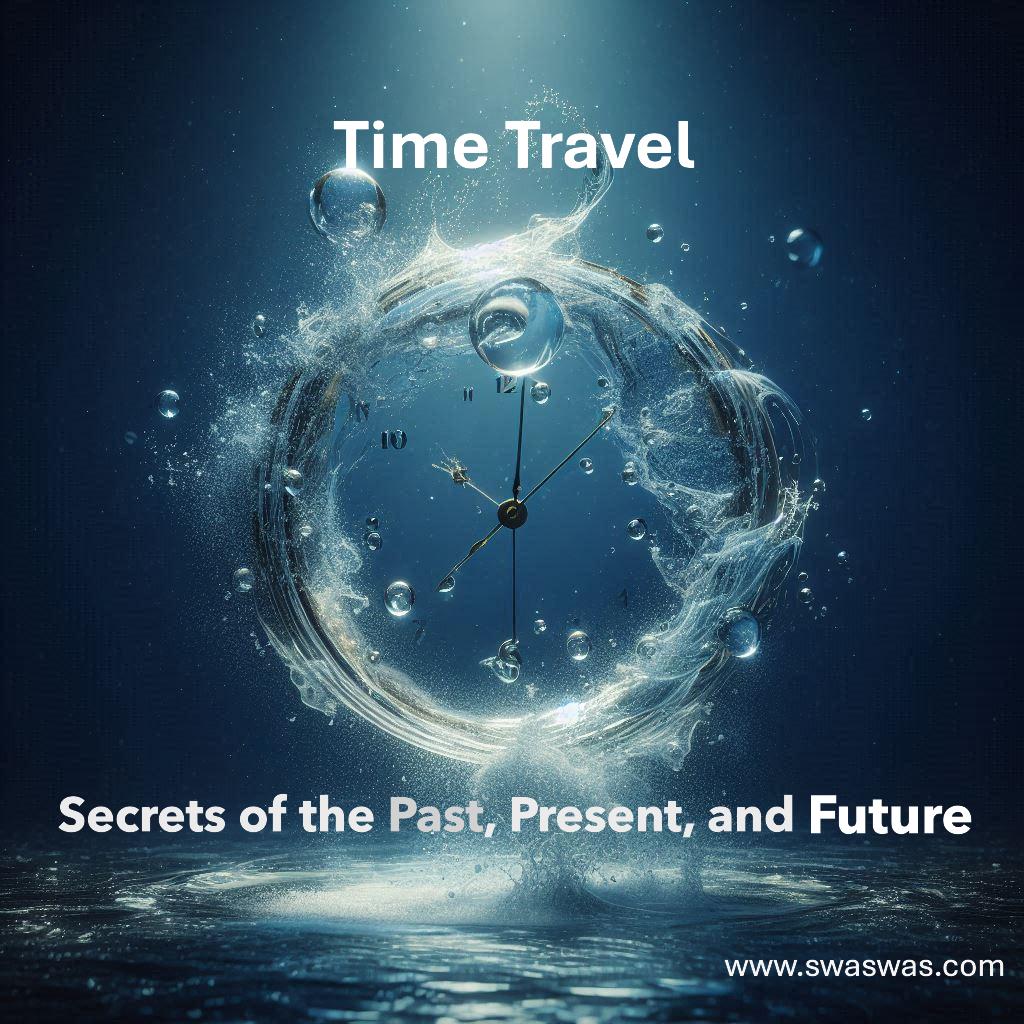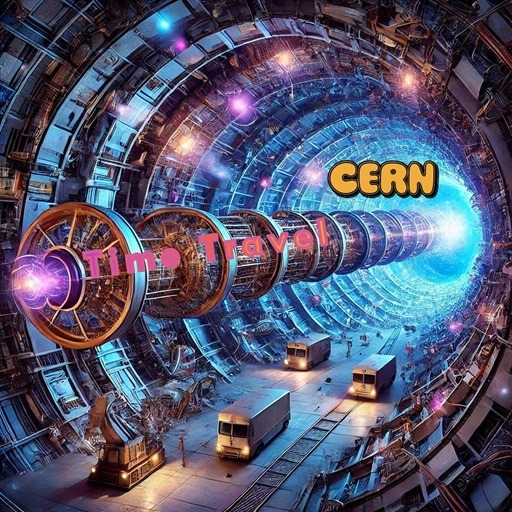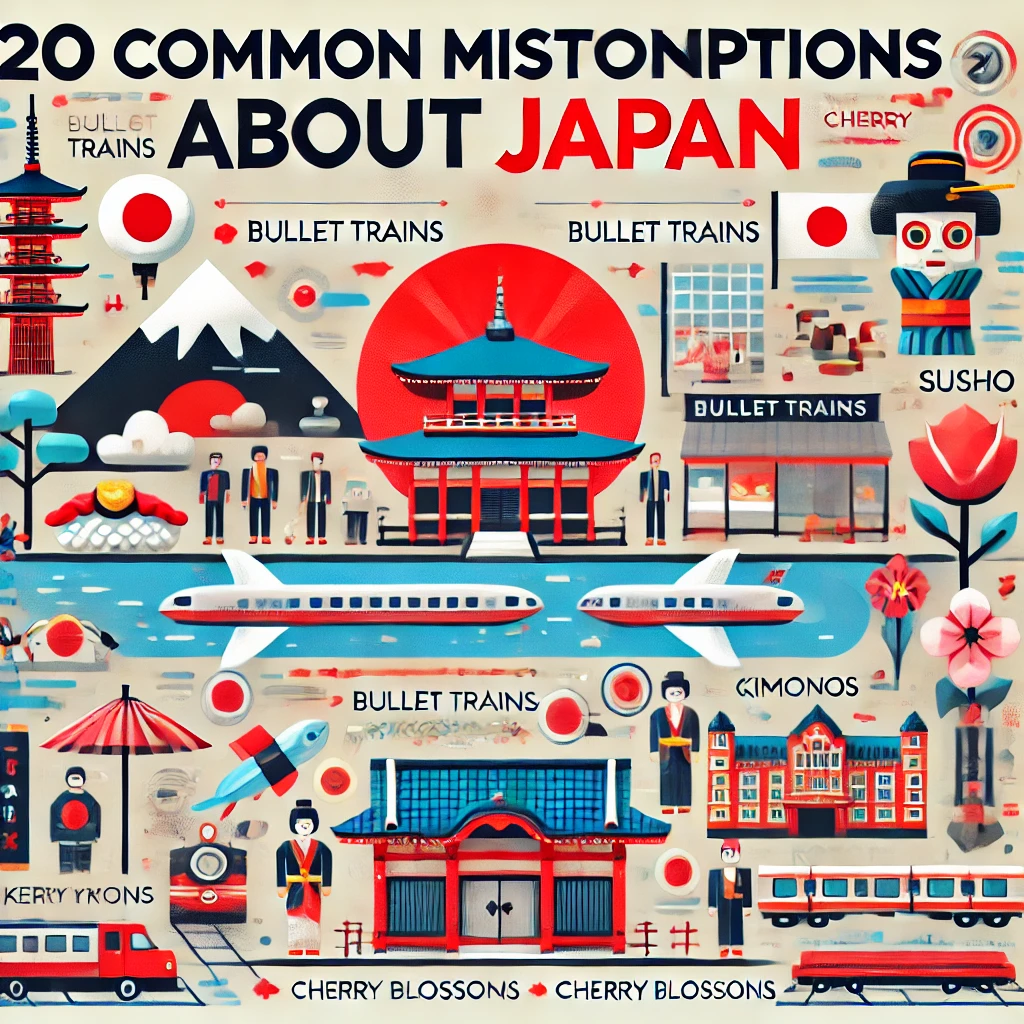Time. A relentless river that flows ceaselessly forward, leaving behind the ripples of moments past. But what if we could bend this river? What if we could reverse its course, skip to its distant shores, or create whirlpools of overlapping events? The concept of time travel has fascinated humanity for centuries, inspiring not just science fiction epics but rigorous scientific inquiry. Hidden within the pages of groundbreaking studies are profound revelations, startling theories, and tantalizing glimpses of possibilities that challenge our understanding of reality.
Imagine traversing a wormhole, a cosmic shortcut linking two distant points in spacetime. Picture standing on the precipice of a decision, knowing that every choice could fracture into countless parallel timelines, each with its own version of you. These aren’t just whimsical daydreams—they are at the core of some of the most compelling and controversial scientific papers ever written on time travel.
From Einstein to Modern Minds: A Journey Through Temporal Science
Albert Einstein’s general theory of relativity laid the groundwork for much of what we now understand about the elasticity of time. Building upon this foundation, modern scientists have explored whether time travel is a theoretical possibility. Research delves into the exotic properties of wormholes, the enigmatic role of negative energy, and the potential of closed timelike curves. These concepts are not confined to chalkboards—they reverberate in particle accelerators, astrophysical observations, and cutting-edge simulations.
Yet, the real magic lies in how these studies intersect with the questions we’ve always asked: What does it mean to change the past? Can we influence the future? And most intriguingly, is our perception of time nothing more than an elaborate illusion?
Global Overview
Time travel research spans multiple disciplines, including physics, cosmology, and quantum mechanics. Key theories include Einstein’s relativity, closed timelike curves (CTCs), wormholes, and the Novikov self-consistency principle. Below, we highlight groundbreaking papers from researchers worldwide.
United States
- “The Physics of Time Travel”
- Authors: Dave Goldberg, Gaurav Khanna, Caroline Mallary
- Description: This paper explores theoretical models of time travel, including wormholes and CTCs, while addressing challenges like negative energy requirements and paradoxes.
- Link: Scientific American – Is Time Travel Possible?
- “Closed Timelike Curves and Time Travel Paradoxes”
- Authors: Kip Thorne, Igor Novikov
- Description: A seminal paper investigating the feasibility of CTCs and their implications for causality and free will.
- How to Access: Search for the paper on arXiv or through university libraries.
- “Time Travel Without Negative Energy”
- Authors: Caroline Mallary, Gaurav Khanna
- Description: Proposes a theoretical time machine using infinite density instead of negative energy, though it remains speculative.
- Link: Scientific American – Is Time Travel Possible?
United Kingdom
- “The Theoretical Basis and Feasibility of Time Travel”
- Authors: Matt Visser, Ana Alonso-Serrano
- Description: A comprehensive review of time travel theories, including wormholes, warp drives, and causality violations.
- Link: MDPI Universe Special Issue
- “Time Travel and Quantum Mechanics”
- Authors: Jessica Santiago, Sebastian Schuster
- Description: Explores the intersection of quantum mechanics and time travel, focusing on quantum entanglement and superposition.
- Link: MDPI Universe Special Issue
Australia
- “Time Travel Without Paradoxes”
- Authors: Fabio Costa, Germain Tobar
- Description: Presents mathematical models demonstrating how time travel could occur without creating paradoxes.
- How to Access: Search for the paper on arXiv or through the University of Queensland’s research repository.
Russia
- “Novikov Self-Consistency Principle and Time Travel”
- Authors: Igor Novikov
- Description: Introduces the self-consistency principle, which suggests that the universe prevents paradoxes in time travel scenarios.
- How to Access: Available in academic journals like Physical Review D or through university libraries.
Germany
- “Wormholes and Time Travel”
- Authors: Researchers at the Max Planck Institute
- Description: Investigates the role of wormholes in enabling time travel, focusing on exotic matter and spacetime curvature.
- How to Access: Search for related papers on arXiv or the Max Planck Institute’s official website.
China
- “Theoretical Foundations of Time Travel”
- Authors: Meining Du
- Description: Analyzes seven theoretical methods of time travel, including relativity-based approaches and their limitations.
- Link: Atlantis Press
Canada
- “Time Travel and Relativistic Quantum Information”
- Authors: Researchers at the Perimeter Institute
- Description: Explores the implications of time travel for quantum information theory and relativistic physics.
- How to Access: Search for the paper on arXiv or the Perimeter Institute’s research database.
India
- “Time Dilation and Future Time Travel”
- Authors: Researchers at the Tata Institute of Fundamental Research
- Description: Examines time dilation effects in relativity and their potential for future time travel.
- How to Access: Available in Indian journals of physics or through academic repositories.
Japan
- “Quantum Time Travel and Parallel Universes”
- Authors: Researchers at the University of Tokyo
- Description: Investigates the role of parallel timelines in resolving time travel paradoxes.
- How to Access: Search for the paper on arXiv or the University of Tokyo’s research portal.
France
- “Time Travel and Black Hole Thermodynamics”
- Authors: Researchers at the Paris Observatory
- Description: Studies the relationship between black holes, thermodynamics, and time travel.
- How to Access: Available in French physics journals or through academic databases.
Switzerland
- “Time Travel and the Large Hadron Collider”
- Authors: Researchers at CERN
- Description: Explores whether high-energy particle collisions could create conditions for time travel.
- How to Access: Search for related papers on CERN’s document server.
How to Access Papers Without Links
For papers without direct links, follow these steps:
- Visit arXiv and search for the paper title or authors.
- Use academic databases like Google Scholar or ResearchGate.
- Check university or institutional repositories for open-access versions.
- Request access through your local library or interlibrary loan services.
Ready to dive into the labyrinth of time? Let the best scientific papers on time travel guide your journey. Explore how wormholes could serve as conduits to the past and future. Wrestle with the implications of paradoxes that defy intuition but fuel innovation. Discover how leading minds have turned speculation into science and why these ideas remain at the cutting edge of modern physics
Why These Papers Matter
For those who crave deeper insights, these papers are more than just scientific documents—they are keys to unlock the mysteries of existence. They offer readers all you should know about time travel, distilling complex theories into frameworks that illuminate rather than obscure. Whether you’re an aspiring physicist, a sci-fi enthusiast, or simply someone who has stared at the stars and wondered, these works have something to offer.
The elegance of theoretical physics is that it dares to ask “what if?” in ways that transform the impossible into the plausible. These papers don’t just theorize; they challenge the boundaries of imagination, demonstrating that time travel is not merely the domain of dreamers but of daring intellectual explorers.
Conclusion
Time travel remains one of the most intriguing topics in science, with research spanning countries and disciplines. While practical time travel is still beyond our reach, these papers provide valuable insights into the theoretical possibilities and challenges. For further reading, explore the links and resources provided above.















Leave a Reply